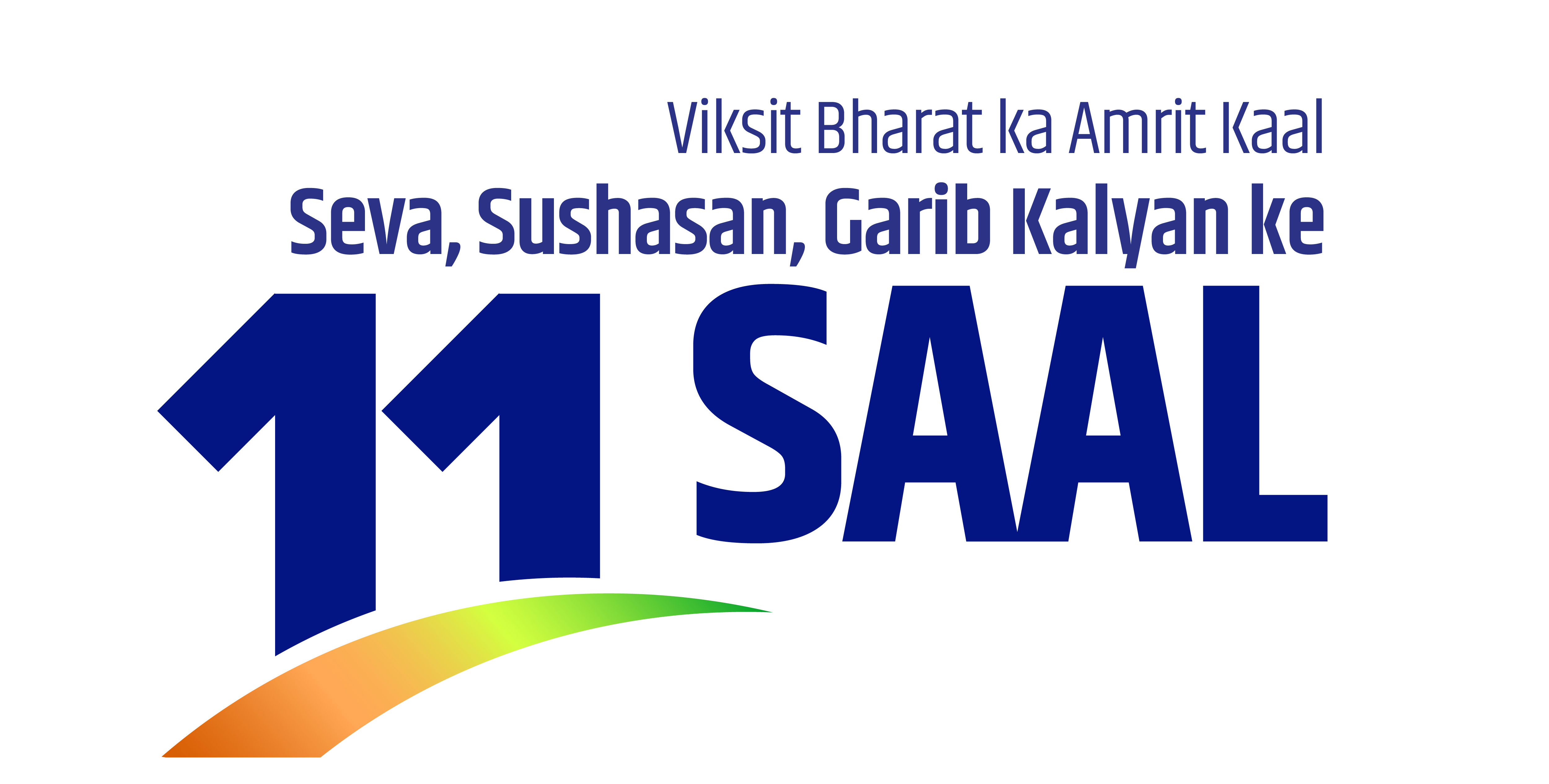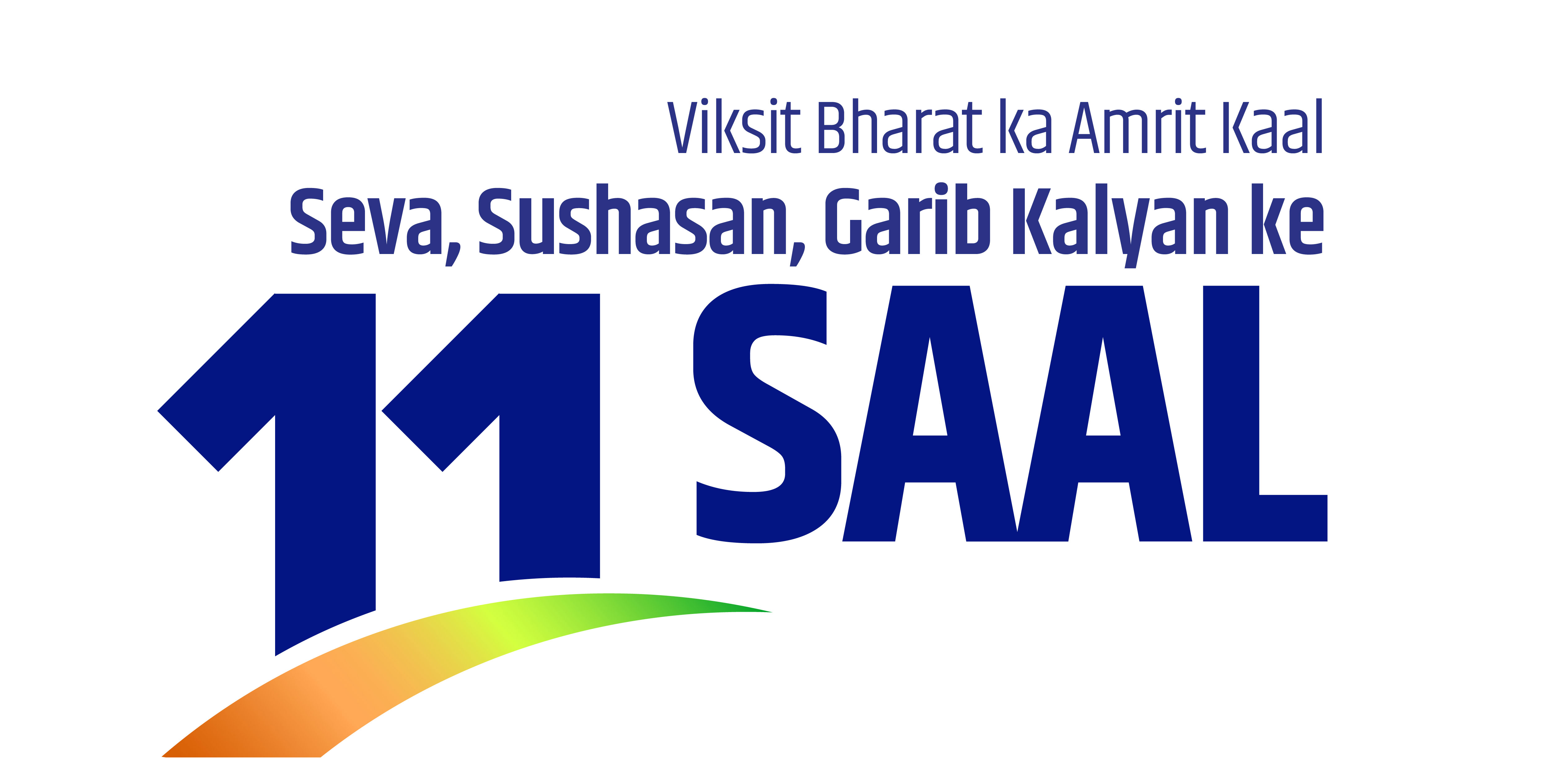

Achievements
- Serving The Poor, Honouring The Marginalised
- Empowering India's Amrit Peedhi
- Ensuring Farmer Welfare
- New momentum for Nari Shakti
- Advancing India's National Security and defence
- Infra at Speed and Scale
- India's Enduring Tech-Prowess
- India: A Global Economic Powerhouse
- Affordable, Accessible Healthcare For All
- Northeast India - A Growth Engine
- Ease of Doing Business
- Vishwamitra : A friend to the world
- Ease of Living For Middle Class
- Conserving Cultural Heritage
- Propelling LiFE Environment and Sustainability
When Development Ensures Dignity
2019-03-27 13:47:00
Everyone has a right to a life of dignity, with access to all the basic necessities of living. Traditionally, food and shelter have been seen as the most basic necessities. However, the Modi government has gone beyond this core basket of necessities to include even electricity, sanitation and access to clean cooking fuel. PM Narendra Modi’s firm belief is that, in 21st century India, there none should suffer in darkness due to lack of electricity, none should be forced to inhale smoke from firewood chulhas and none should suffer the indignity of lack of access to safe sanitation.
Food and nutrition security are key to a dignified and healthy living. The Modi government has laid emphasis on food security and expanded its reach greatly. It has ensured food security for 80 crore people across 36 states/UTs, as against only 11 states in May 2014.
Malnutrition and stunting have been a challenge for long in our country. The National Nutrition Mission or POSHAN Abhiyaan has taken up the mission of fighting against malnutrition in a mission mode and pledged to reduce stunting to a great extent by 2022.
PM Narendra Modi has often said that a house is not just a roof and a few walls. It is a ground where the aspirations a better life sprout and take shape. Realizing this and mindful of the conditions of the poor and underprivileged, the Modi government has made significant progress in ensuring a roof over every head. More than 1.5 crore affordable houses have been already built under Pradhan Mantri Awas Yojana. These are not just homes but also come equipped with working connections of water, LPG and electricity, as well as a household toilet. Particularly helpful to many among the urban poor is the Credit Linked Subsidy Scheme under the Pradhan Mantri Awas Yojana Urban, where the burden of EMIs is reduced greatly.
Cooking a meal under hygienic and non-polluting conditions is important for the health of not only women but the whole family, including little children. Fully understanding the plight of poor families that had to endure smoke from firewood-based chulhas, the government has come to their rescue through the Pradhan Mantri Ujjwala Yojana. The aim is to safeguard the health of women & children by providing them with a clean cooking fuel – LPG. Under Ujjwala Yojana, 6.7 crore LPG connections have been released.
Access to electricity is one step of empowerment that enables many other empowering endeavours. The moment a family has access to electricity, the spectrum of its daily life changes radically. Be it children being able to study past dusk or people from the families whose lives do not end at nightfall, be it the farmer who needs power for his farm or the small entrepreneur who wants electricity to power his business, power is key to empowerment.
First of all, in his Independence Day speech of 2015, PM Narendra Modi made a promise that all un-electrified villages would be electrified within 1,000 days. The government not only electrified more than 18,000 villages that had remained in the dark since independence, but also did it before the deadline! Next, the Modi government moved towards electrifying households. India will soon see a historic day when every household is electrified. 2.5 crore homes have been powered by the SAUBHAGYA Yojana.
Access to safe sanitation is crucial to ensuring the health and dignity of the poor, especially women. Swachh Bharat has unleashed a revolution in sanitation access. With 9.7 crore toilets built in just 4.5 years, India’s total sanitation coverage, which was 38.70% in 2014, zoomed up to more than 98% in February 2019! This has brought great dignity to the lives of those who did not have access to safe sanitation.
True development is that which reaches the last mile and the poorest of the poor. With this vision, every flagship programme of the Modi government has attained speed and scale in taking the fruits of development to the poorest and enabling them with a life of dignity.
More Articles

Conserving Cultural Heritage
भारत का सांस्कृतिक विकास: विरासत के संरक्षण में संग्रहालयों की भूमिका (2014–2025)
June 7 , 2025
प्रधानमंत्री नरेन्द्र मोदी ने अपने एक "मन की बात" संबोधन में भारतीय युवाओं को अपनी विरासत पर गर्व करने के लिए प्रेरित करते हुए कहा, "अपने युवा साथियों के लिए मेरे पास एक Idea है। क्यों न आने वाली छुट्टियों में, आप, अपने दोस्तों की मंडली के साथ, किसी स्थानीय Museum को देखने जाएं। आप अपना अनुभव #MuseumMemories के साथ ज़रूर साझा करें।" पीएम मोदी ने ऐसा आह्वान देकर न केवल युवाओं में हमारी सभ्यता के प्रति गौरव की भावना जागृत करवाई , साथ ही साथ उन्हें भारत के स्वर्णिम इतिहास को जानने तथा दोस्तों के साथ

Conserving Cultural Heritage
भारत की सोच का पुनर्निर्माण: अधीनता से आजादी की ओर
June 7 , 2025
सदियों तक भारत की सोच पर विदेशी शासन की गहरी छाप रही है—पहले मुगलों का राज और फिर ब्रिटिश हुकूमत का असर। इनका प्रभाव हमारी शिक्षा, सरकारी संस्थाओं और पहचान पर पड़ा, और इसी कारण आजादी के बाद भी 1947 तक गुलामी की मानसिकता बनी रही। एक मजबूत राष्ट्रीय चेतना की कमी के कारण भारत पश्चिमी विचारों को अपनाने में आसान बना रहा, जिससे हमारी अपनी परंपराएं और संस्कृति दब गईं। लेकिन 2014 के बाद प्रधानमंत्री नरेन्द्र मोदी के नेतृत्व में इस सोच को बदलने की एक नई शुरुआत हुई। इसका मकसद है विदेशी प्रभावों को